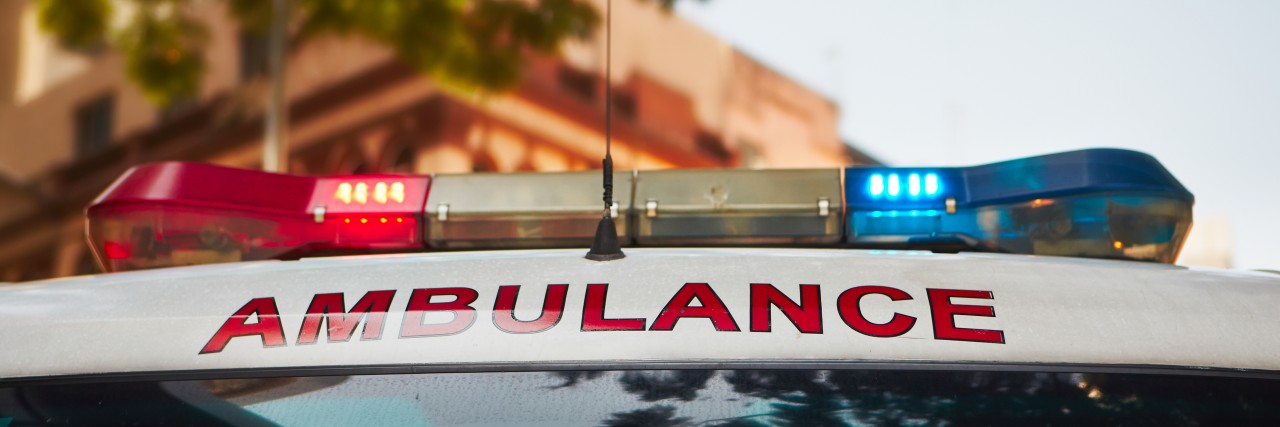Being an EMT in a significant city, I see all kinds of calls. Some calls let us walk away holding our heads high. Others never really let us walk away. Some of our hardest days are when we get an emergency call for a person who is suicidal. As someone who has battled depression for half my life, these calls can be particularly devastating — for everyone — including me, the responder. However, this piece is not about me, just as those calls are not about me. I write this to say on behalf of all of EMS (EMTs, paramedics, nurses, doctors): I am sorry.
A common criticism of first responders and hospital personnel is that we do not treat those asking for help like their illness, and the crisis it is causing them, is real. It’s true — many of us don’t respond to mental health emergencies like we should. We are criticized for following strict regulations, whether we agree with them or not, about how to treat suicidal patients. We are often described as “cold and cruel” towards our patients. I’ve been told many times that I simply don’t know what it is like living with something like depression and that is why I act that way (entirely untrue). But for me, this happens because of the nature of my job. Sometimes only moments before responding to your mental health emergency, I was doing CPR on a child or wrestling with someone on drugs. It is difficult to go from that type of chaos into your home and be the warm and understanding presence you wish we were. Other times, because there have been calls where I was dispatched to a person threatening suicide and showed up too late, I arrive with my guard up, prepared for the worst.
I am not trying to make excuses.
I know firsthand the pain and fear of a suicidal episode, and I know you deserve better from us. This is not meant to excuse our wrongful behavior toward you, of which I am guilty; this is a plea for forgiveness. This is my attempt to tell you that we do see you. You are real to us and so is your hurt, and we are terribly sorry we haven’t always shown it in our actions.
If you or someone you know needs help, visit our suicide prevention resources page.
If you need support right now, call the Suicide Prevention Lifeline at 1-800-273-8255.
We want to hear your story. Become a Mighty contributor here.
Thinkstock photo by Chalabala

